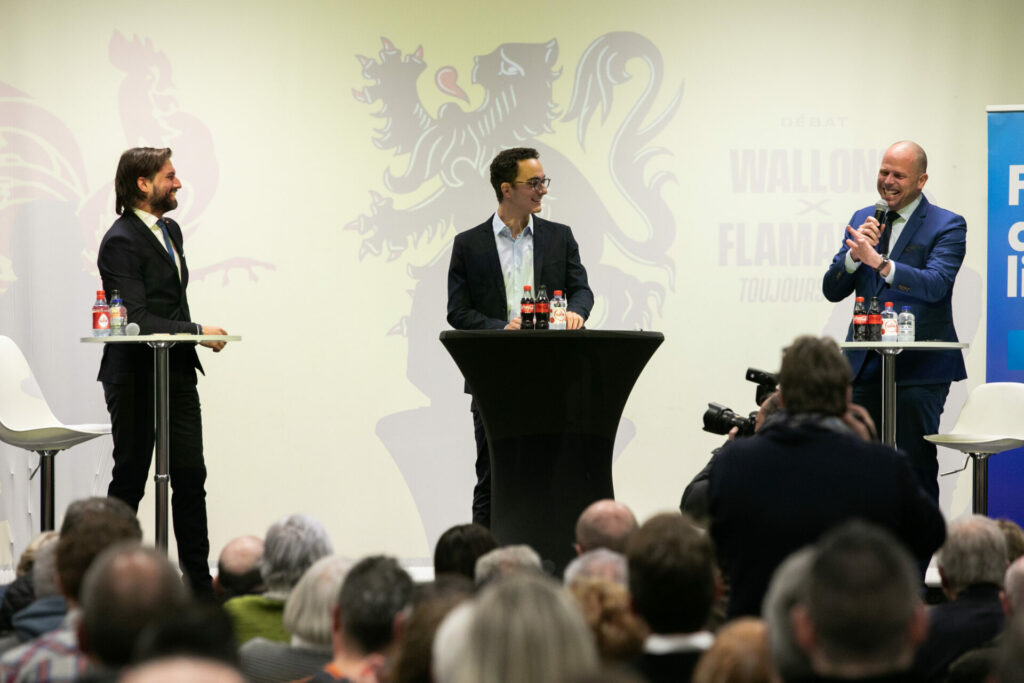The French-speaking liberal party MR has opened the door to governing alongside the Flemish nationalist party N-VA, with MR’s president Georges-Louis Bouchez having expressed his willingness to re-enter into coalition with the northern separatists.
Speaking to BX1 on Wednesday, Bouchez explained that his party would be looking to form “the most homogenous government possible” after next year’s elections, in which the French-speaking liberals would win 14 seats, according to recent polls.
He then claimed that MR would be the N-VA’s “best partner” on socio-economic issues. Both parties seem to share a similar economic programme based on their liberal and free-market views, with the MR having also become more conservative since Bouchez was elected to lead the party.
A new Swedish coalition?
Both parties were part of the so-called "Swedish coalition" headed by Charles Michel between 2014 and 2018. The name is a play on the Swedish flag, as it brought together the country’s liberal forces (blue) as well as the Flanders’ nationalist (yellow) and Christian-democratic parties (the cross).
Bouchez praised those years in office, stating that the coalition was “way more efficient” than the current Federal Government. “Just look at the number of reforms passed,” he said, referring to raising the retirement age to 67 and reforming the country’s health service.
Related News
- Large majority of Belgians do not trust country's politicians, poll finds
- Public spending cuts: Belgian Government praises budget of 'fine balances'
- Asylum reception crisis divides Belgians, benefitting right-wing parties
Additionally, Bouchez is said to have gotten closer to the Flemish nationalist party’s higher-profile figures, with La Libre recently reporting on the close ties between Bouchez and N-VA's Theo Francken, federal MP and former State Secretary for Asylum and Migration.
However, the N-VA’s commitment to reviewing the powers that befall the country’s three communities remains a stumbling block, with Bouchez stating that both parties “are still largely opposed on such issues.”

